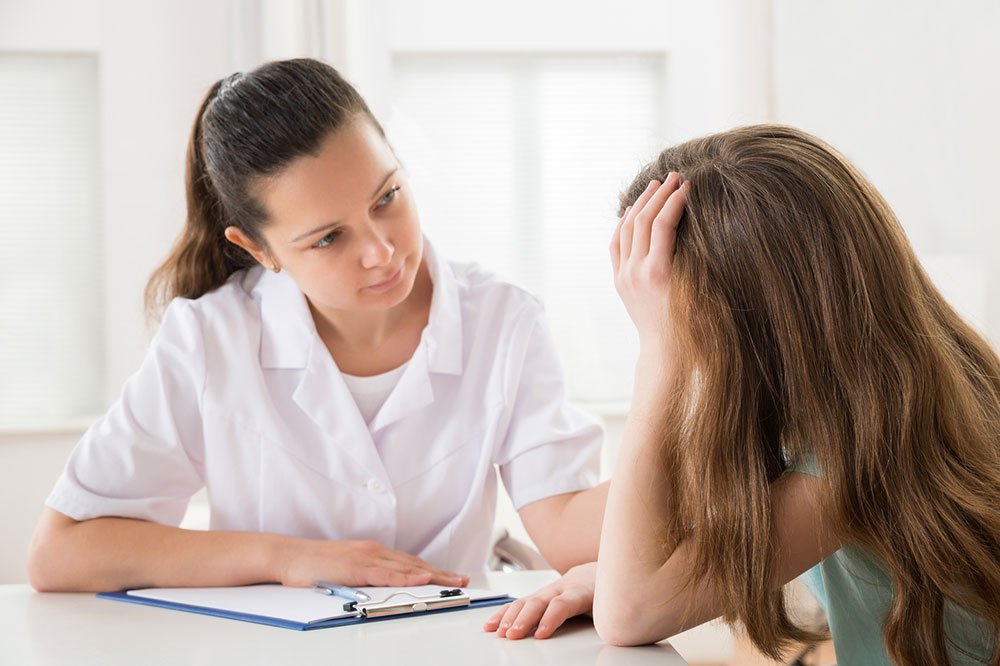Understanding and Addressing Adolescent Depression
Teen depression is a serious issue that requires early detection and professional intervention. Recognizing symptoms such as fatigue, withdrawal, and hopelessness is essential. Effective treatments like therapy and medication, combined with family support, can help adolescents overcome depression. Parents should remain vigilant and foster open communication to support teens during challenging emotional times, reducing risks like self-harm or suicide.
Sponsored

Growing up today presents numerous challenges for teenagers, with constant societal and personal changes occurring rapidly. Adolescence is a pivotal phase filled with physical, emotional, and social shifts, which can sometimes become overwhelming. Teenagers often struggle to communicate their feelings, making it crucial for parents and guardians to provide guidance and understanding during this vulnerable period.
Recognizing signs of depression is vital, as it can significantly affect a teen's well-being. Common symptoms include persistent fatigue, social withdrawal, mood swings, and thoughts of self-harm or suicide. Early intervention through professional support and open communication can make a crucial difference.
How can you tell if your teen is depressed? Depression among teens is increasingly common, affecting about 20% of adolescents. Detecting it isn't always straightforward, as teens often hide their true feelings and parents may dismiss mood changes as typical teen behavior.
Signs to watch for include:
Prolonged fatigue and disinterest
Sleep disturbances
Use of alcohol or substances
Overeating or loss of appetite
Temper issues and irritability
Restlessness and agitation
Social withdrawal
Low self-esteem
Extreme cases of self-harm
Thoughts of hopelessness or suicide
When should you seek professional help?
If symptoms interfere with your teen's daily life, it's essential to seek immediate help. Start by talking openly with your teen, expressing support and concern. Consulting a healthcare professional or school counselor can provide guidance. Left untreated, depression may escalate, leading to severe consequences including suicidal tendencies. Timely professional intervention can help teens recover and regain their happiness.
Effective treatment options for teen depression
Addressing teen depression typically requires a combination of professional therapy, medication, and strong support systems. Treatment plans vary based on individual needs, but some common approaches include:
Medication: Doctors may prescribe antidepressants or anti-anxiety medications to help manage symptoms.
Interpersonal Therapy: Focuses on improving family and social relationships crucial to the teen's mental health.
Cognitive Behavioral Therapy (CBT): Helps teens modify negative thought patterns and develop a positive outlook on life.
With proper care and support, teens can overcome depression and thrive again.





